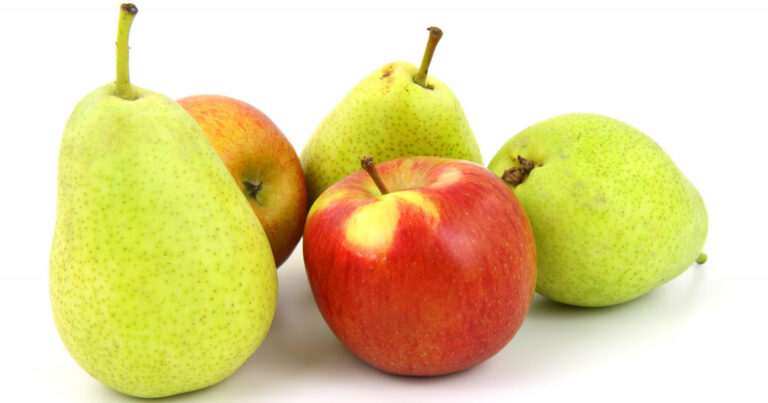Approximately 300 million people worldwide live with chronic obstructive pulmonary disorder (COPD). COPD includes emphysema (gradual damage of lung tissue, specifically the tiny air sacs called the alveoli) and chronic bronchitis (coughing with mucus or phlegm for more than 3 months at a time over 2 years). Other symptoms include shortness of breath (dyspnea), and chest tightness. The mortality risk of COPD is approximately 35% over 7 years. Smoking is the biggest risk factor for COPD, thus tobacco smoking cessation is strongly recommended to manage COPD.
COPD treatment approaches depend on the severity of the disease and can include medications to address airway tightness and inflammation, pulmonary rehabilitation, supplemental oxygen, or surgery.
Clinical Evidence
Studies evaluating the effects of diet of COPD have had mixed results. There are 2 older studies which assessed the impact of eating hard fruits such as apples and pears on lung function.
A study of 2512 Welsh men aged 45–59 assessed lung function against diet. Lung function was measured by forced expiratory volume in one second (FEV1). This is the volume of air (in liters) exhaled in the first second during forced exhalation after maximal inspiration. Good FEV1 values were associated with consistent intake of vitamins C and E, β-carotene, citrus fruit, apples, and squash. When accounting for factors such as smoking history, weight, and exercise, those who consumed 5 or more apples per week (FEV1 values were 138 mL higher).
Another study followed 793 middle-aged Dutch men found that the intake of total fruits (both solid and citrus), and solid fruits alone (apples and pears) was inversely related to the development of chronic non-specific lung diseases, and the results were statistically significant.
An analysis of 8 other studies showed that fruit and vegetable intake may reduce the risk of COPD, or may be correlated to improved symptoms most likely through their anti-oxidant and anti-inflammatory properties.
References
American Lung Association. https://www.lung.org/. Accessed 21 Oct 2023.
Butland BK, Fehily AM, Elwood PC. Diet, lung function, and lung function decline in a cohort of 2512 middle aged men. Thorax. 2000 Feb 1;55(2):102-8.
Miedema I, Feskens EJ, Heederik D, Kromhout D. Dietary determinants of long-term incidence of chronic nonspecific lung diseases: the Zutphen Study. American Journal of Epidemiology. 1993 Jul 1;138(1):37-45.
Scoditti E, Massaro M, Garbarino S, Toraldo DM. Role of diet in chronic obstructive pulmonary disease prevention and treatment. Nutrients. 2019 Jun 16;11(6):1357.
Zhai H, Wang Y, Jiang W. Fruit and vegetable intake and the risk of chronic obstructive pulmonary disease: a dose-response meta-analysis of observational studies. BioMed Research International. 2020 Feb 21;2020.






